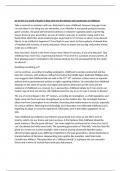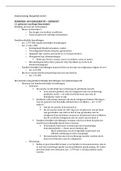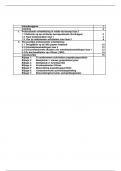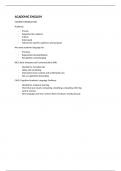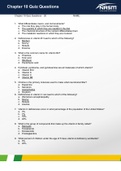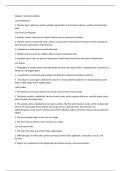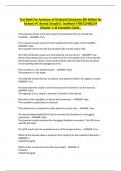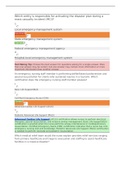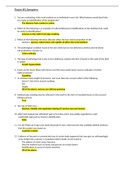Essay
Gothic TED talk NEA essay
- Institution
- PEARSON (PEARSON)
An exemplar TED talk style essay for unit 5 of the Eduqas English Lang/lit A-level course, the chosen topic is the social construction and delusion of childhood in relation to gothic literature and sociology. This can be used as a structure example.
[Show more]
